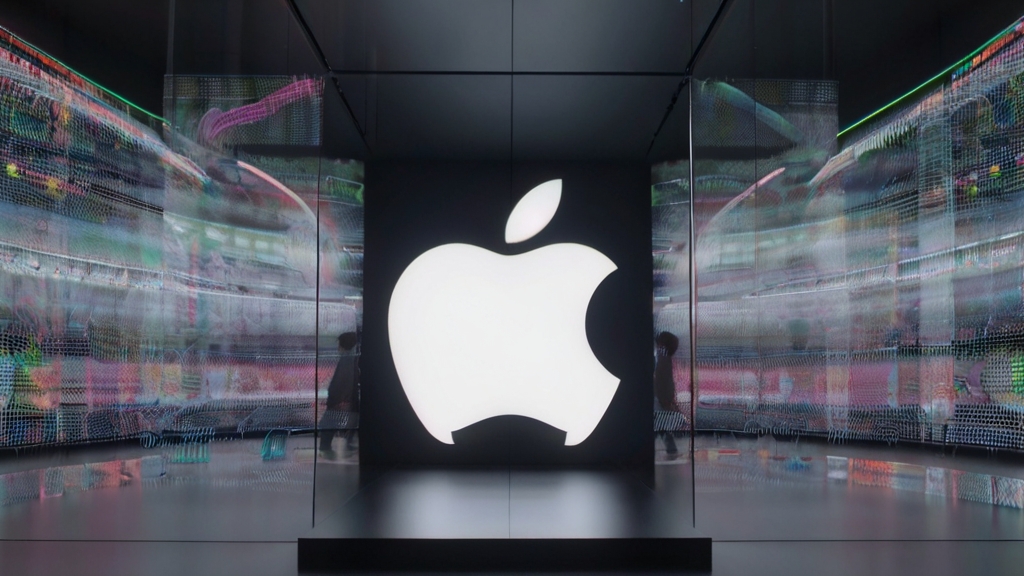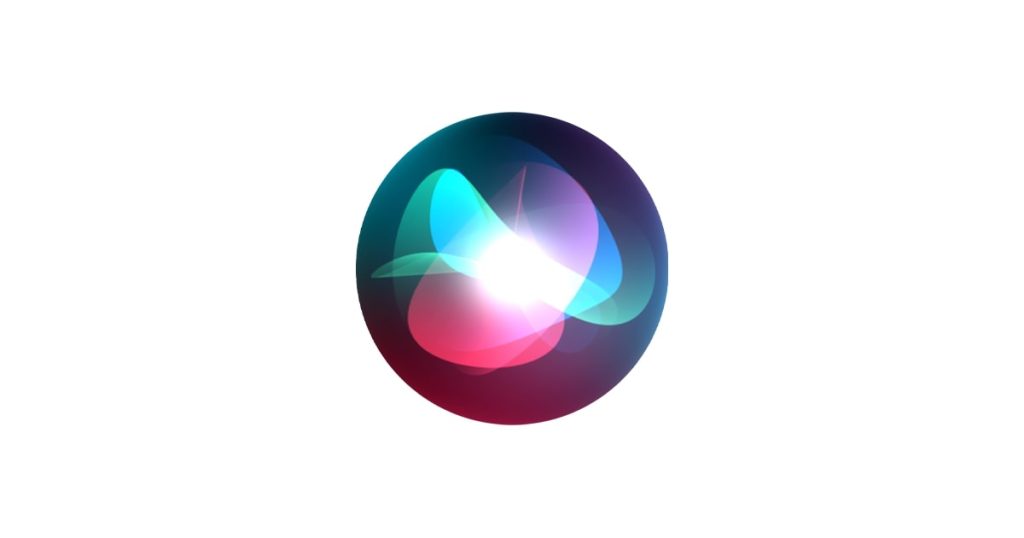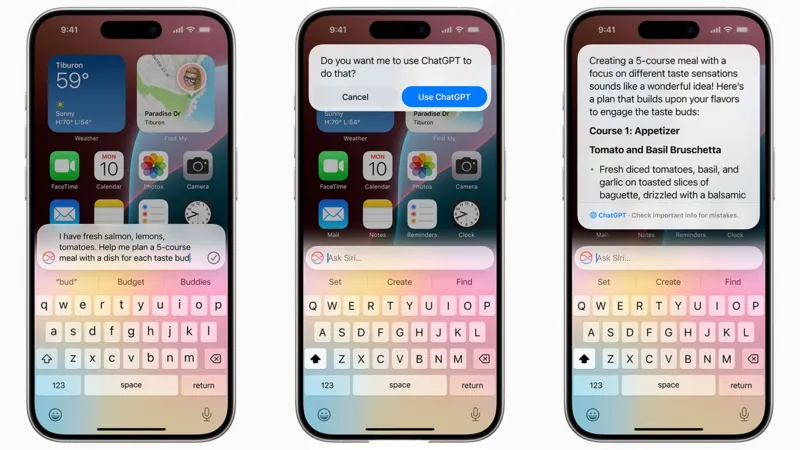In a long-awaited move, Apple has unveiled its artificial intelligence (AI) strategy, aimed at integrating AI technology across its suite of apps and devices. The centerpiece of this strategy is the introduction of “Apple Intelligence,” a comprehensive AI system that will leverage the power of OpenAI’s celebrated chatbot, ChatGPT.
The announcement was made at Apple’s annual Worldwide Developers Conference (WWDC) on Monday, where CEO Tim Cook and other executives took the stage to showcase the company’s vision for AI integration. In a nearly two-hour presentation, they detailed how Apple’s iconic voice assistant, Siri, would be revamped to interact seamlessly with messages, emails, calendars, and third-party apps.

Siri’s capabilities will be significantly enhanced, with the ability to write emails, adjust tone to suit different occasions, and even provide intelligent suggestions based on the user’s context. This advancement is made possible through the integration of ChatGPT, which will empower Siri with its vast knowledge and natural language processing capabilities.
Privacy at the Core
While embracing the power of AI, Apple has remained true to its long-standing commitment to user privacy. The company emphasized that privacy would be “at the core” of its AI features, differentiating itself from rivals like Microsoft and Google.
Apple’s approach involves a combination of on-device processing and cloud computing, ensuring that sensitive data remains secure. The company plans to use its in-house chips in data centers, which come equipped with built-in security features, to handle more complex AI tasks. This strategy aims to alleviate concerns over the potential mishandling of user data by third-party services.
User permission will be a critical aspect of the ChatGPT integration. Siri will seek explicit consent from users before querying the OpenAI service, and users’ information will not be logged or stored. Apple has also released a detailed paper outlining how its features, including those powered by OpenAI, will ensure the safety of customer data.

Backlash and Skepticism
Despite Apple’s assurances, the company’s decision to integrate ChatGPT has sparked criticism and skepticism from some industry leaders. Tesla CEO Elon Musk, who has a tumultuous relationship with OpenAI, threatened to ban Apple devices at his companies if the iPhone maker integrates the startup’s tech at the operating system level.
“Apple has no clue what’s actually going on once they hand your data over to OpenAI,” Musk said on X (formerly Twitter). “They’re selling you down the river.”
Samsung, Apple’s long-time rival in the smartphone market, also took a jab at the announcement, mocking it as not “new or groundbreaking.”
Wall Street’s reaction was lukewarm, with Apple’s shares closing down nearly 2% on the day of the event. Some analysts expressed disappointment, suggesting that the AI features fell short of expectations and failed to propel Apple ahead of its competitors in the AI race.
“There isn’t anything here that propels the brand ahead of its as-expected trajectory of incrementalism,” said Dipanjan Chatterjee, an analyst at Forrester.

Other New Features and Updates
Apart from the AI overhaul, Apple unveiled several other updates and features for its devices and operating systems.
The new iOS 18, the software powering the iPhone, will make the home screen more customizable, allowing users to personalize their experience further. Additionally, a “lock an app” feature will enable users to protect sensitive information by locking specific apps and keeping data more tightly controlled within the operating system.
Apple’s mixed reality headset, Vision Pro, will also receive an update with VisionOS 2. This software update will use machine learning to create natural depth photos and introduce new gestures for improved user interaction.
The company also announced that its satellite messaging feature, previously limited to emergency situations, would be expanded to allow regular text messaging via satellite. Users will also gain the ability to schedule messages for later delivery and control AirPods Pro using head gestures.
A dedicated app for password management, accessible across devices, was another notable addition to Apple’s lineup.
Catching Up in the AI Race
While Apple’s AI strategy has garnered both praise and criticism, it is undoubtedly a significant step in the company’s efforts to catch up in the AI race. Rival tech giants like Microsoft and Google have already made substantial strides in integrating AI into their products and services.
By partnering with OpenAI and introducing “Apple Intelligence,” Apple aims to provide its users with a seamless and personalized AI experience that leverages the latest advancements in natural language processing and machine learning.
Analysts like Dan Ives, managing director of Wedbush Securities, believe that Apple’s vast user base and access to invaluable data from its popular devices position the company to “win the consumer AI game.”

However, the true impact of Apple’s AI strategy will only become apparent as the updates roll out and users experience the enhanced capabilities firsthand. As the AI race continues to intensify, it remains to be seen whether Apple’s approach will propel it ahead of its competitors or merely level the playing field.
Regardless of the outcome, one thing is clear: the integration of AI technology into consumer products is no longer a distant possibility but an imminent reality, and companies like Apple are positioning themselves at the forefront of this transformative shift.
Copyright©dhaka.ai
tags: Artificial Intelligence, Ai, Dhaka Ai, Ai In Bangladesh, Ai In Dhaka, Google, Claude, Future of AI, Apple



